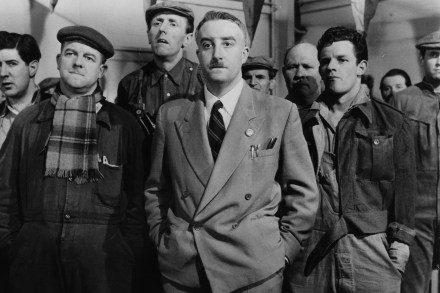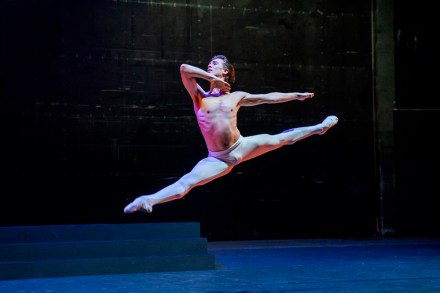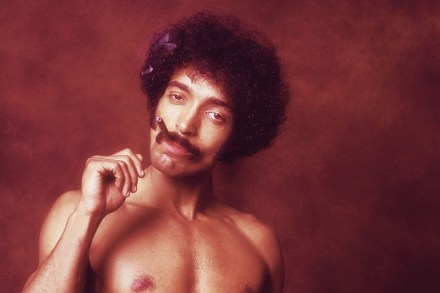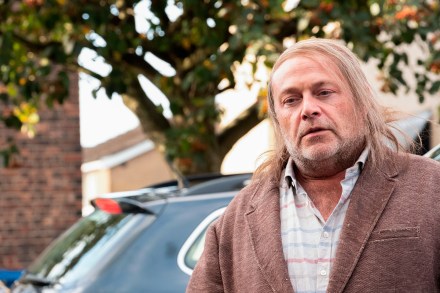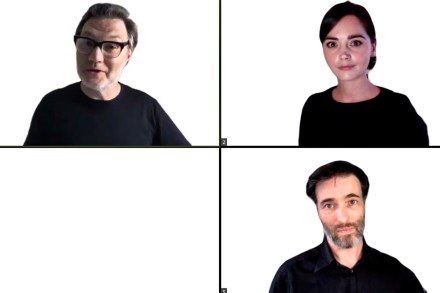BBC Four and the dumbing down of British television
The announcement this week that BBC Four is to stop making new programmes and become a largely repeats-only channel – which they are cheekily calling ‘archive’ to make it sound better – is a depressing reminder to viewers of a very long-term trend. When BBC Four was launched amidst much fanfare in 2002, its slogan was ‘Everybody Needs a Place to Think’. Has the BBC decided that they no longer do? Or perhaps the corporation – in focusing on ‘youth programming’ like BBC Three – thinks it isn’t its job to provide one. Oh dear. Whatever happened to television? And in particular, the area that BBC Four was particularly supposed to


